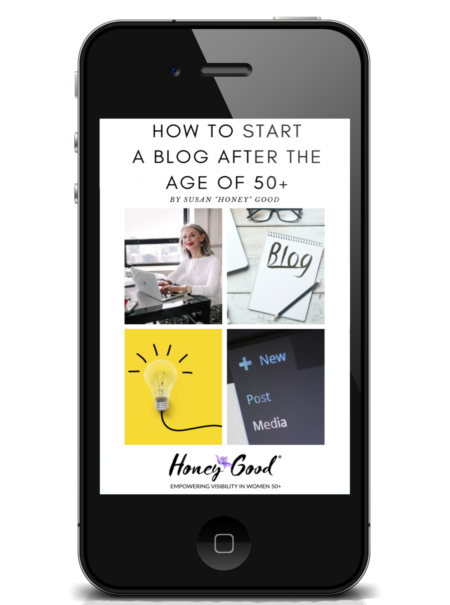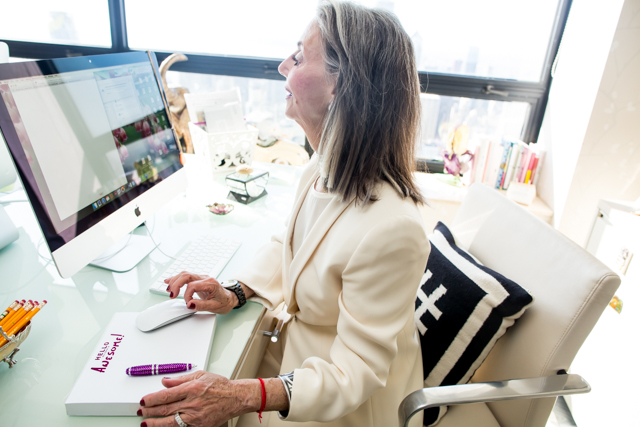Please enjoy this wonderful article by Paula Marie Usrey. Paula founded Boomer Best U to promote positive aging and to fight age discrimination. In this article, she speaks about what we should think about before saying yes! Enjoy.
What We Should Think About Before Saying Yes!
Just as I was ending my teaching career, my friend ‘Laura’ asked me to facilitate a ten-week training course for a new program she was starting. Laura shared that she was having a difficult time finding the right person to lead the training and suggested I would be an ideal match for the opportunity. Because of her encouragement, I felt both flattered and needed.
I had some background in training and development, and I’d reviewed the training material; I felt like I could do a good job for Laura. At the same time, I had already spent nearly three years preparing for my new life beyond the classroom and was eager to start a new chapter.
I didn’t want to disappoint a friend—especially if she really needed my help. But I wasn’t completely comfortable committing to her project and waffled a bit on my decision. It wasn’t until I carefully assessed why I was feeling conflicted that I could finally communicate an honest and appropriate response.
Why We Say “Yes” When We Want to Say “No”
Julia Wood, the author of Gendered Lives (2015), wrote, “A majority of women feel they are expected to be nice, deferential, and helpful and to care about and for others.” Wood continued by pointing out that girls often grow up learning to accommodate others.
When Laura asked me to take on her project, I wanted to be helpful and accommodating. That’s the way I was raised. But in my heart of hearts, I was not comfortable taking on the project.
Why Assessing Personal Priorities and Purpose Is Important
When I was honest with myself and considered what was most important to me, I was able to tell my friend that while I appreciated the opportunity, I was not the right person to undertake the project—it was not consistent with my current priorities or my sense of purpose.
As it turned out, Laura ended up asking the person who created the training material to facilitate the ten-week course; this was the best outcome possible. My friend was happy, and I ended up with no regrets.
Based on my reading, research, and work with other women, it is not uncommon for many of us to go along with others’ requests and expectations when our hearts and our good sense are shouting, “No!” But sometimes the result of such deferential behavior is that we lose sight of the things that are most important to us, and we end up with some regrets.
So that we can have more confidence in our choices, being mindful of whether others’ expectations are consistent with our own priorities and sense of purpose is essential. Then we must be willing to communicate in a way that is consistent with what really matters to us.
How to Start Clarifying Priorities and Purpose
By the time we reach our fifties, we have a lot of life experience. At the same time, many of us are more aware of the fact that we aren’t going to live forever; if we want to do something meaningful, we need to clearly identify our priorities and our sense of purpose.
For women who have spent much of their lives attending to the needs and expectations of others, figuring out what is personally important can take some time and effort. After my children were grown and I had gone through an unexpected midlife divorce, I started exploring what mattered most to me. I began by thinking about things that I valued. I also listed activities and work that had given me a sense of joy and satisfaction. In addition, I did a lot of reflective journaling and visualizing my future. After a couple of months, I had a clearer picture of what mattered most to me. Over the years, I have continued to refine my values, my priorities, and my sense of purpose.
Where to Find Help
Fortunately, there are now several resources available to help all of us figure out what matters most to us as we move into our fifties, sixties, seventies, and beyond. As an example, I’ve developed a free, downloadable life planning guide for women 50+ that can be useful for any woman wanting to chart her next chapter.
Psychologist and life coach, Serwaa Anokye, created a free e-book, 7 Days to a More Fulfilling Life. This workbook is packed with some practical tools. To download a copy, visit Serwaa’s website.
How to Respond to Others’ Requests Without Regrets
If you are uncertain about a request that involves a considerable about of time, there is nothing wrong with asking the other person, “How soon do you need an answer?” Then let them know when you will respond. If the request is consistent with your values, priorities, and your sense of purpose, you are more likely to make any necessary sacrifices without regret.
If you determine that you are not the right person to respond to a request, then it is important to be honest. For example, I had told my friend that I appreciated the opportunity, but I wasn’t the right person to undertake the project. That’s all I needed to say. Later, because I did want to help my friend, but without derailing my own work, I provided some indirect support for her project.
The familiar Shakespeare quote, “To thine own self be true,” is worth heeding. But first, we must discover our true selves; only then can we appropriately respond to others without regret.
Do you find it hard to be true to yourself? Or are you accommodating? Let’s discuss in the comments below.

Paula Marie Usrey founded Boomer Best U to help promote positive aging and fight age discrimination. She has also given a TEDx presentation on how to live your best life at any age. Paula recently retired as an Associate Professor of Communication from Umpqua Community College.
If you enjoyed this article about saying yes (or no), please subscribe. Each daily story will be delivered straight to your inbox.
Want to Learn How to Start a Blog?


+ show Comments
- Hide Comments
add a comment